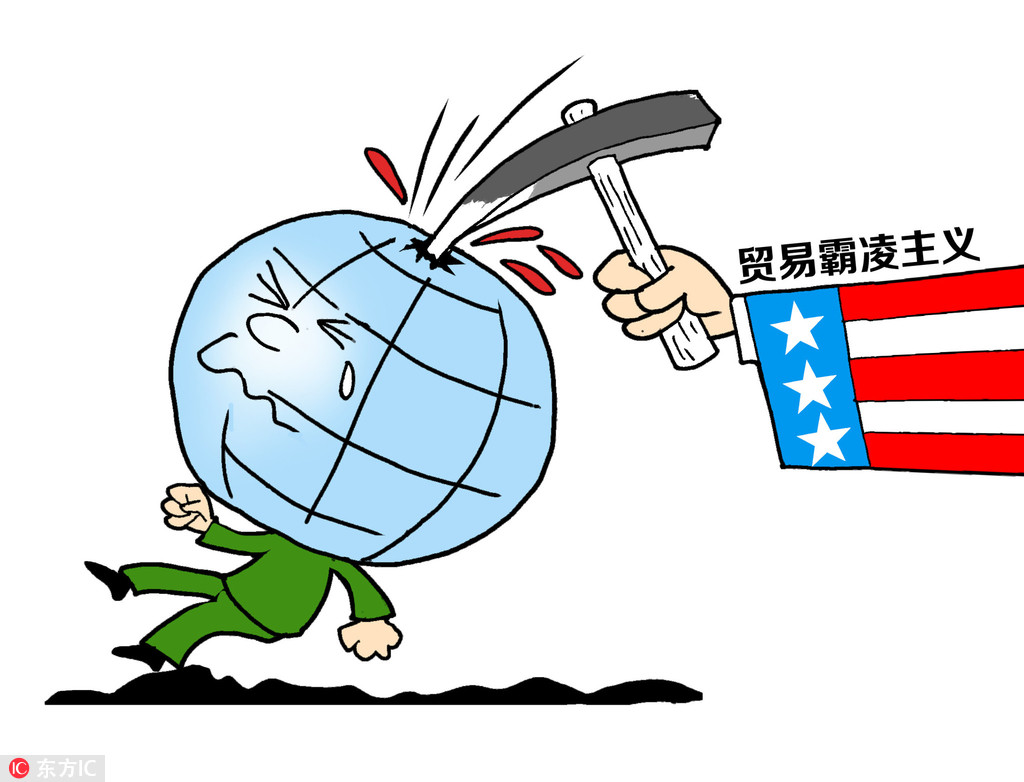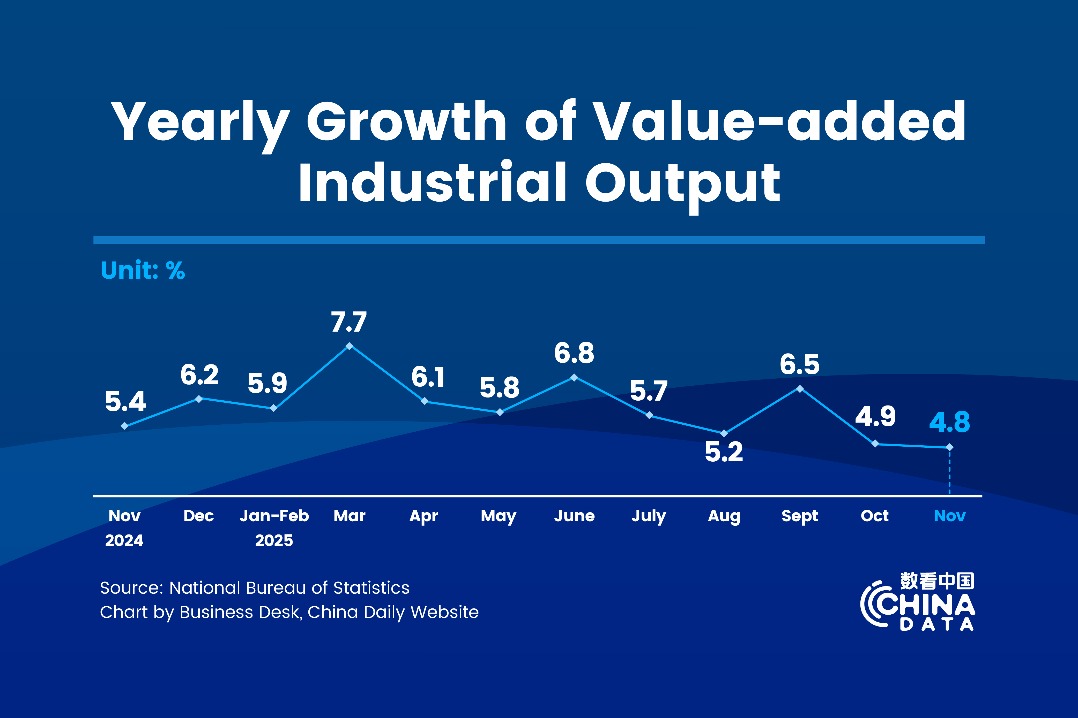G20 members urged to fight unilateralism


China's finance minister called for joint efforts from G20 members to firmly safeguard the multilateral trading system and oppose unilateralism against a backdrop of global trade tensions and economic uncertainties confronting emerging markets.
As an important international economic cooperation platform, the G20 needs to further strengthen economic policy coordination, Liu Kun, the minister of finance, said in a statement released by the ministry on Monday.
Liu attended a meeting of G20 finance ministers and central bank governors on Sunday in Buenos Aires, Argentina. During the meeting, he contended that while the global economy is on the right track, uncertainties and unstable elements like anti-globalization, unilateralism and protectionism still exist.
In these circumstances, China will open up further, promote high-quality development and provide key driving forces to propel global economic growth, Liu said.
To deal with challenges from technological upgrades, the minister proposed adopting proactive fiscal policies, providing incentives for startups and promoting reforms in education, employment and social security.
Fiscal policies are expected to facilitate technology transfers to developing countries, according to Liu.
China will support the G20 in seeking a consensus-based solution to address the impacts of digitization of the economy on the international tax system, push forward exchanges of financial account information for tax purposes and deal with challenges from the erosion of tax bases and profit shifting, the minister said.
The finance ministry's statement was issued after the two-day meeting.
Chen Yulu, vice-governor of the People's Bank of China, also attended the meeting and spoke about the economic and financial situation in China as well as the renminbi exchange rate and regulation of cryptocurrency, according to a separate statement on the central bank's website on Monday. No further details were disclosed.
The meeting showed support for international trade and investment as "important engines of growth, productivity, innovation, job creation and development", according to a communique released after the meeting.
But the finance officials warned that growth, while still strong, was becoming less synchronized and downside risks over the short and medium-term had increased.
"These include rising financial vulnerabilities, heightened trade and geopolitical tensions, global imbalances, inequality and structurally weak growth, particularly in some advanced economies," the communique said.
Christine Lagarde, managing director of the International Monetary Fund, said at the gathering that increasing trade restrictions would pose "the greatest near-term threat" to the world economy.
A report from the fund warns that existing trade restrictions would reduce global GDP by 0.5 percent, which amounts to around $430 billion.
"The trade tension is really not helping anyone in the near term," said Jeremy Stevens, Beijing-based China economist of Standard Bank, in an interview with China Daily.
"We expect emerging countries, including the BRICS and some African countries, to certainly come out and voice their commitment to a multipolar world, against unilateralism, against protectionism and in favor of openness and sustainable trade relations and investment environments."
Cai Xiao contributed to this story.




































